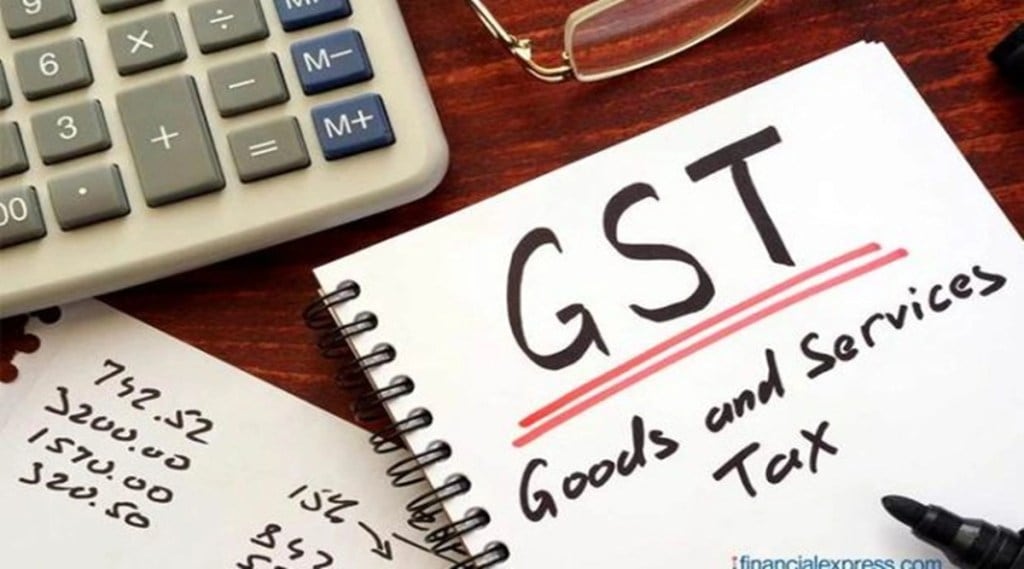By Hardik Gandhi, Vishal Negandhi and Prathvi Shetty
The Goods and Services Tax (GST) brought about a paradigm shift with the objective to rationalise and simplify the indirect tax system in India. The main expectation from business has been to have a tax regime that is seamless with broad-level uniformity across tax rates, exemptions, interpretations, procedures, the flow of credits, and so on. However, the effectiveness of such tax reforms – touted as the most major since Independence – hinges on legislation keeping pace with changing business environment, globalisation of the economy particularly the digital economy, the emergence of new-age businesses and proactive attitude for addressing disputes.
It is a given that disputes or litigation are inherent to fiscal laws. In GST, despite the convergence between the Centre and the states’ tax administration in areas of assessment, audit protocol, and so on, most disputes will likely rise. These would be primarily due to gaps in legislative intent and in the letter of law as methods of implementation and administration. Any dispute encompasses both the realms of the Central tax and the state tax. Hence, considering the dual-GST structure, the dispute resolution mechanism needs to consider the viewpoint of the Centre as well as that of States while deciding the issue.
As far as the present dispute resolution structure is concerned, the GST legislation provides for a two-tier quasi-judicial dispute resolution system consisting of the first appellate level authority and second level of authority in the form of Tribunal. The formation of the GST Tribunal (GSTAT) has been delayed which led businesses to either keep postponing the matter or explore an alternative strategy of approaching the High Court under writ. This decision-making is not easy as several factors including time and cost have to be considered.
The delay in the constitution of the Tribunal may be attributed to factors such as qualification of members of the Bench, the ratio of judicial and technical members, number of State Regional Tribunals, empowerment of the state government for changing the appointment criteria or technical members, and so on. Considering the delay, the Supreme Court sought directions from the government for the formation of the GST Tribunal to clear the backlog pending since the inception of the GST and to avoid hardships faced by the businesses. In July 2022, the GST Council constituted a Committee of Group of Ministers (GoM) to examine and recommend the amendment to the GST law to address the concerns raised by states in relation to the constitution of the Tribunal, to maintain the right federal balance, uniformity of taxation within the country and to consider that principles outlined in judicial decisions are legally sustainable.
On 18 February 2022, at the 49 th GST Council meeting, it was announced that the report of the GoM, on the formation of the GST Tribunal, has been accepted by the members with slight modifications to the language. It was announced that apart from the National Bench, that is, the Principal Bench, states would be allowed to constitute locational or regional benches which can be for a state or a group of states. It has also been decided that the decision on the number of state benches across the country would be left to the states, and the same may be recommended to the Council for approval. It seems to have been agreed that GST Tribunals would have two judicial and two technical members, with only two sitting at a point in time.
The process of setting up the GST Tribunal has gathered momentum with the approval of the GST Council. It is expected that the final draft amendments of changes would be circulated to members and once approved, would be incorporated into the Finance Bill. After this, the exercise of selection and search for technical members would commence. However, the efficiency of the Tribunal for redressal of disputes will depend on the timely disposal of matters and in maintaining uniformity and consistency, thereby helping build confidence for businesses.
Hardik Gandhi, Partner, Deloitte India; Vishal Negandhi, Director, and Prathvi Shetty, Manager, Deloitte Haskin Sells & LLP
Disclaimer: Views expressed are personal and do not reflect the official position or policy of Financial Express Online. Reproducing this content without permission is prohibited.

